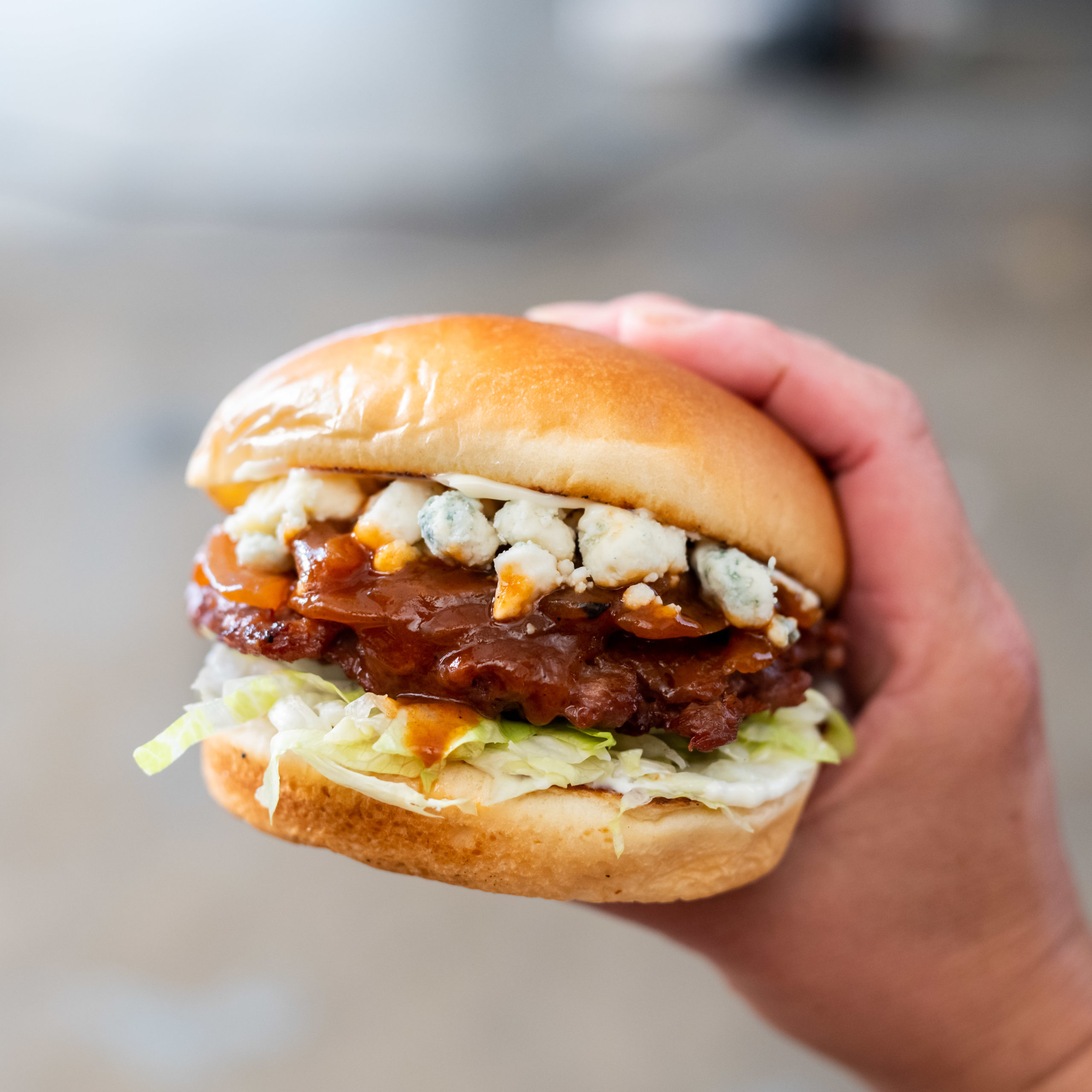‘Meat Techno-Fixes’ Are Not The Solution to Unsustainable Food Systems, New IPES-Food Report Claims
5 Mins Read
A report from IPES-Food has laid bare what it considers an oversimplification of sustainable food issues. It focuses on the conventional trope of comparing intensive animal agriculture and its resulting products, to plant-based alternatives. Revealing that the move to a viable system is not as simple as adopting alternative proteins, the report claims that zoning in on protein is not enough.
IPES notes that a disproportionate focus has been placed on protein, particularly alternative options. The report states that this fails to account for different regions of the world and manufacturing processes, allowing big issues to slip through the net.
The report suggests that before looking to create foods that produce fewer emissions, companies and governments should be seeking to increase biodiversity and respond to nutritional needs in accessible foodstuffs.
IPES-Food, which stands for the International Panel of Experts on Sustainable Food Systems, is a Belgium-based group made up of 23 experts from 16 countries across five continents. The non-partisan, independent experts panel, which is comprised of some of the world’s foremost food thinkers including a World Food Prize laureate, a holder of the Légion d’Honneur, a Balzan Prizewinner, and two recipients of the Right Livelihood Award, publishes research about how to transition to sustainable food and agricultural systems globally.

Putting the alt-protein sector on blast
IPES is not against the alt-protein sector, it simply warns against being bamboozled by new tech, at the cost of the planet. Phil Howard, lead author of the report notes that he understands why it’s easy to get caught in the hype of alt-protein development.
Howard claims that they will, if left unregulated and allowed to dominate, become the new unsustainable food system, replacing like-for-like, just without conventionally farmed animal meat. He predicts control by conglomerates, fossil fuel dependence for manufacturing facilities, pollution and unhealthy diets. Worse still, these could go unnoticed if misleading claims about the benefits of alt-protein go unverified.
Howard’s main grips include a lack of transparency about production methods, lack of accounting for all regions, not delivering a comprehensive food system solution and focusing solely on the usurping of ‘big meat’. He suggests replacing the hype about ‘meat techno-fixes’ with local-level sustainability endeavours and the creation of an overarching sustainable food system that is not predicated on meat and protein alone.
“Just as electric cars are not a silver bullet to fix climate change, these solutions are not going to fix our damaging industrial food system,” Howard writes in the report. “We need to change the system – not the product.”

The APAC alt-protein sector responds
Asia’s leading alternative protein think tank, the Good Food Institute (GFI) APAC, says that the report is right to raise the need for a more nuanced debate around the future of global food systems. Mirte Gosker, the organization’s Acting Managing Director told Green Queen that “there are no silver bullets when it comes to building a more sustainable, secure, and just food system, but plant-based foods, cultivated meat, agroecology, and other moves away from industrial animal agriculture are complementary approaches.”
In response to claims of overhyping across the alternative protein industry, Gosker referred back to another newly released report, the IPCC’s third instalment: ” The IPCC states that even if fossil fuels were eliminated overnight, emissions from the food system alone would jeopardize the Paris Agreement target of keeping global temperature rises to 1.5 degrees Celsius. The report also recognized the potential of plant-based and cultivated meat to deliver reductions in greenhouse gas emissions, pollution, and land, water, and pesticide use. To meet this challenge, we need to build a world where alternative proteins are no longer alternative.”

One solution does not fit all
A key takeaway from the IPES report is there is no single solution and different countries will need to prioritize what matters for their own populations.
Doris Lee, Executive Director of GFI Consultancy, says that China, for example, is focusing on issues like food and protein security. “There’s a lot of room to gear future protein production in a way that’s sustainable and secure for the people. We believe there are abundant local protein sources from plants and microorganisms that haven’t been fully unlocked, and they play a critical role in building a sustainable food system that can feed billions,” she told Green Queen in a statement.
Gosker agrees that a single approach is not the answer. “The process of reimagining meat will vary by region, but every part of APAC has a role to play. In developing countries, expanding domestic cultivation of chickpeas, mung beans, or sunflower seeds, and positioning those raw materials as useful alternative protein sources could help nations assert themselves as plant-based meat ingredient suppliers.
By contrast, in a wealthy city-state, where arable land is in short supply but market demand is high, the “cropportunities” may instead lie in intensive cultivation and development of fermentation-based mycoprotein, or lion’s mane mushroom—which has a naturally meat-like texture and an enviably healthy nutritional profile.
By working collaboratively and playing to each country’s strengths, Asian producers can deliver all of the meaty tastes and flavours consumers want, without depleting the oceans or chopping down the rainforest to get it.”
However, Gosker is clear-eyed about one thing: what we’re doing now is not sustainable. She says that economic growth and rising incomes are expected to increase Asia’s appetite for conventional meat and seafood by 33 percent by 2030 (compared to 2017), and by 78 percent by 2050. Without a fundamental shift in how we grow and produce food, Gosker says the region will be faced with severe natural-resource depletion and food insecurity.
Lead photo by Beyond Meat.





